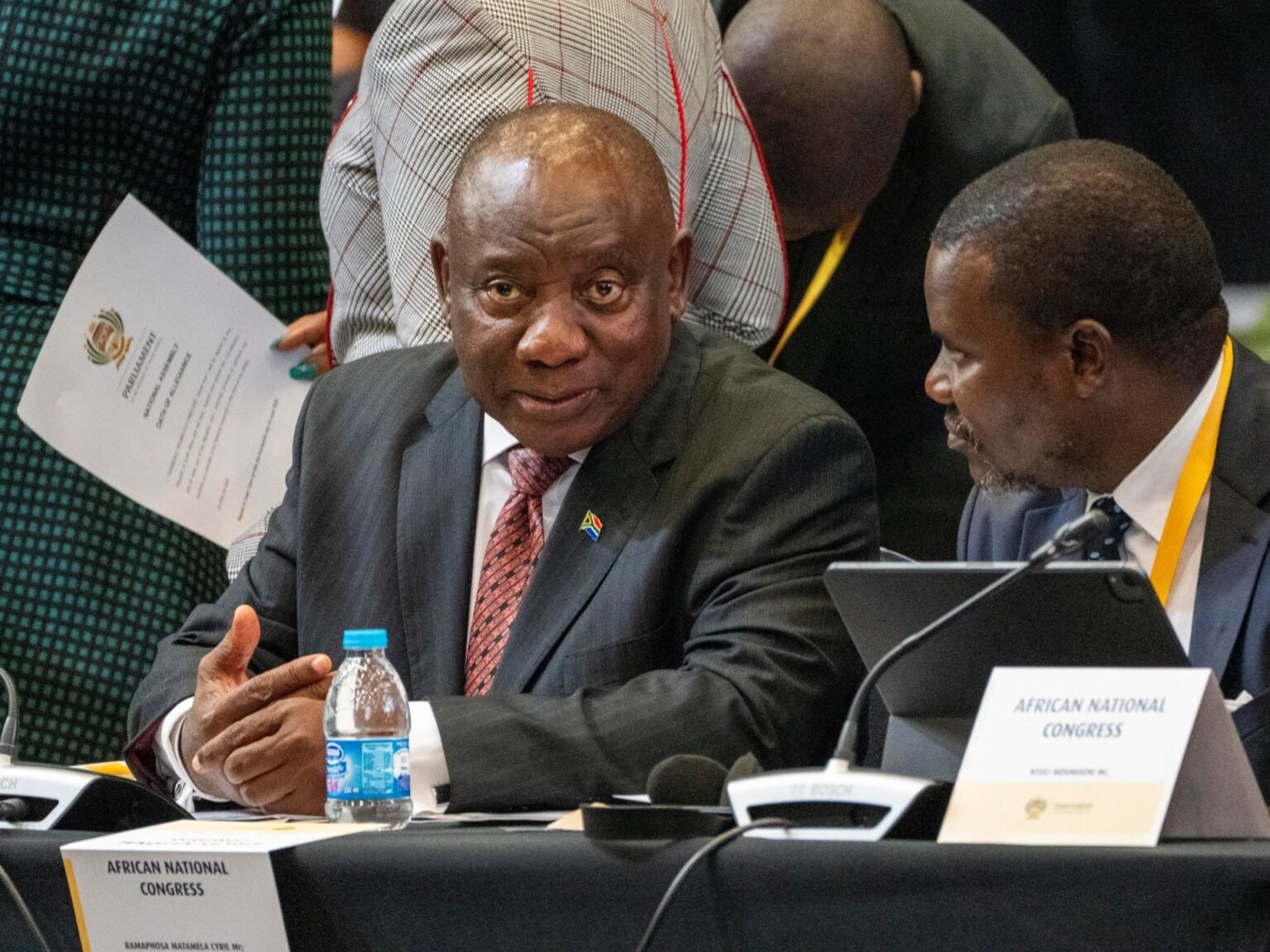A new education law in South Africa, the Basic Education Laws Amendment (BELA) bill, has been signed into law by President Cyril Ramaphosa, sparking a divisive debate among lawmakers. The implementation of two controversial sections has been suspended for further consultations. Supporters argue that the law will make education more equitable by addressing economic inequalities that have contributed to lower literacy rates among the Black population. Critics, mainly from the Afrikaans-speaking community, are concerned that the law will threaten mother-tongue education.
The new law modifies older school laws, including banning corporal punishment, setting compulsory grade levels, and increased scrutiny for homeschooling. However, Sections 4 and 5 regulating school language instruction and admission policies have caused upheaval. These sections allow schools to choose their language of instruction from South Africa’s 11 official languages, but also give the National Department of Basic Education final authority. This has raised concerns among Afrikaans-speaking minority groups who fear their language, culture, and identity are at risk.
Afrikaans speakers argue that the law pressures schools to instruct in English and could lead to fewer schools teaching in Afrikaans. Afrikaans, historically emotive in South Africa, represents self-determination to some and apartheid oppression to others. The language was adopted as an official language in 1925 and played a complex role during the apartheid era. Apartheid policies of imposing Afrikaans and English as compulsory languages triggered the Soweto Uprising in 1976, where schoolchildren protested and were met with deadly force from security forces.
Afrikaner rights groups, such as AfriForum, have vowed to contest the law in court, viewing it as a threat to Afrikaans language instruction in schools. The group has faced accusations of having racist leanings, which it denies. Afrikaans is spoken by about 13% of South Africa’s population, mainly by descendants of Dutch settlers and the “coloured” community. The law’s potential impact on Afrikaans-speaking schools has led to tensions within the coalition government, with some lawmakers expressing disagreement with the bill’s provisions.
President Ramaphosa has stated that the government will continue consultations on the contentious sections for three months, after which the law will be implemented if no resolution is reached. The debate over language and admission policies in schools reflects South Africa’s complex history of racial and linguistic divisions. The future of Afrikaans education in the country remains uncertain, as different groups continue to voice their concerns and opposition to the new education law.

